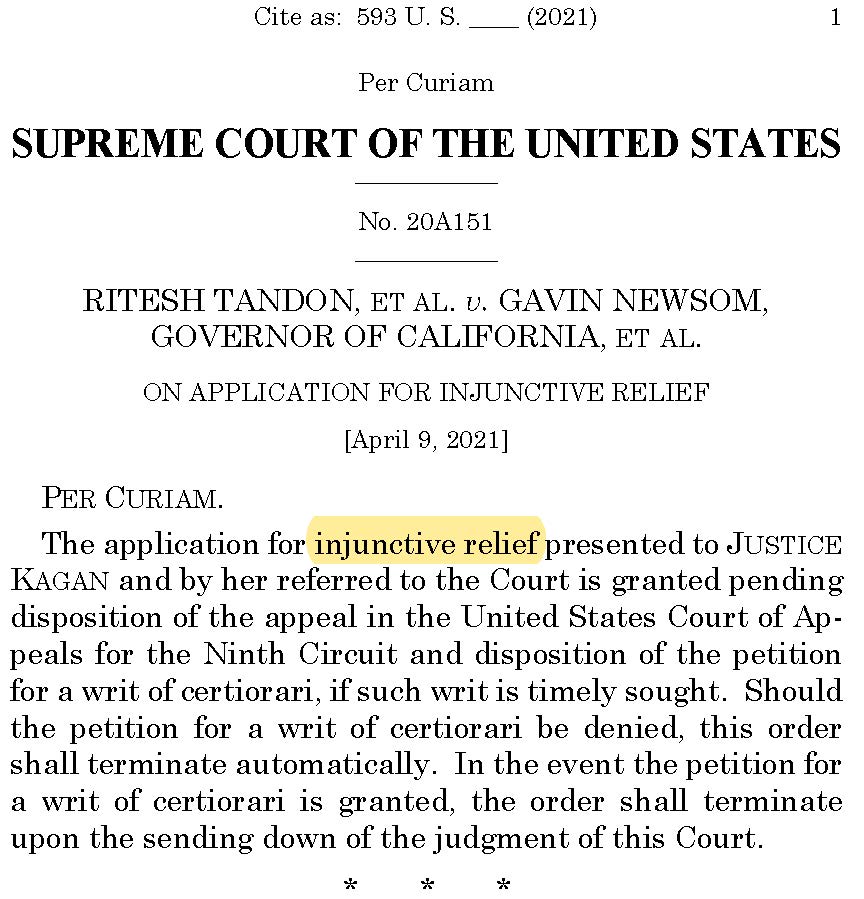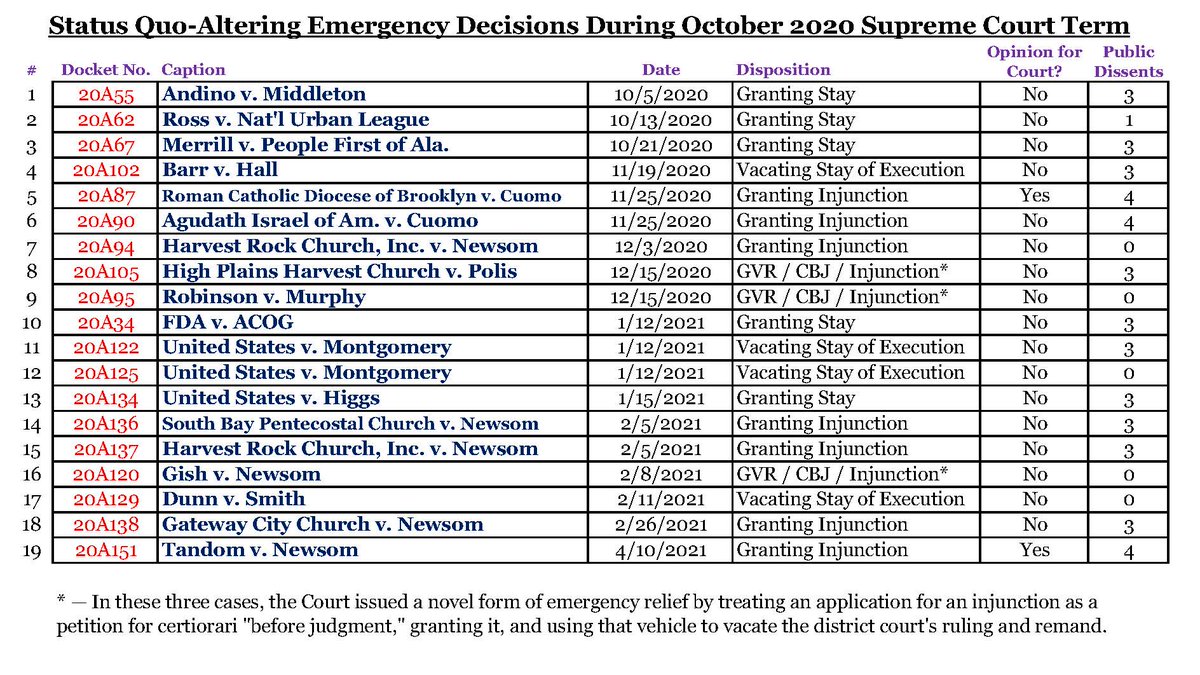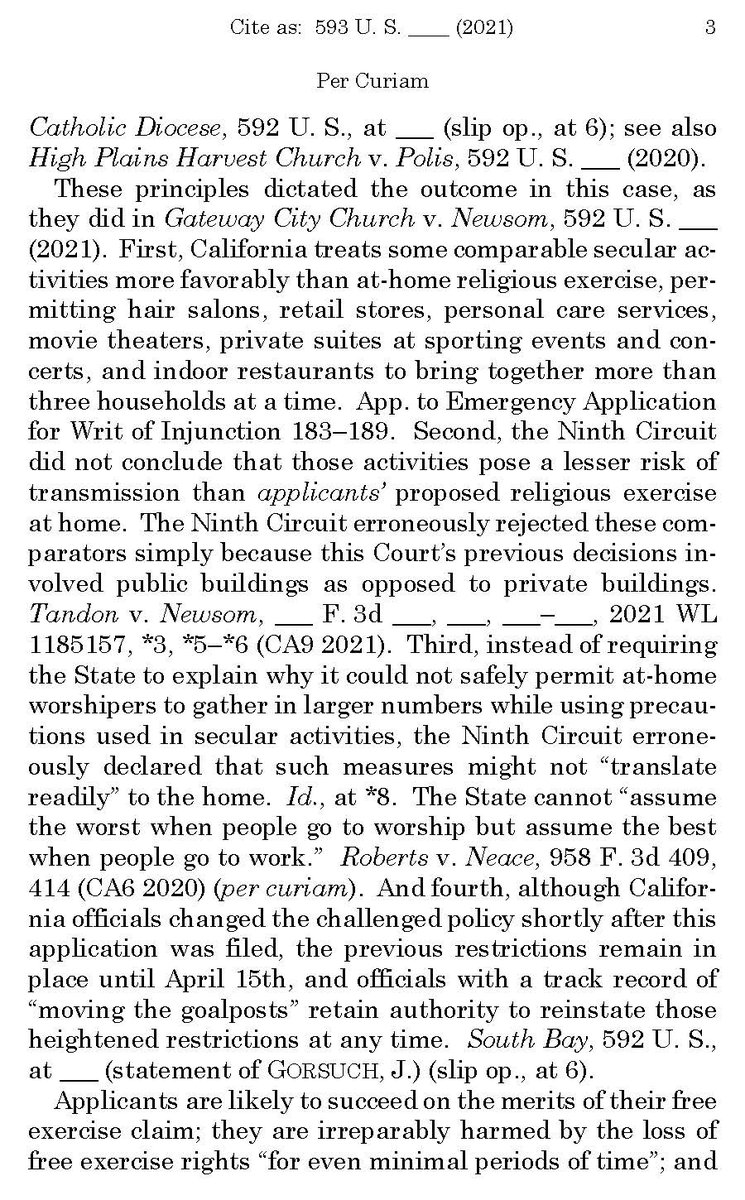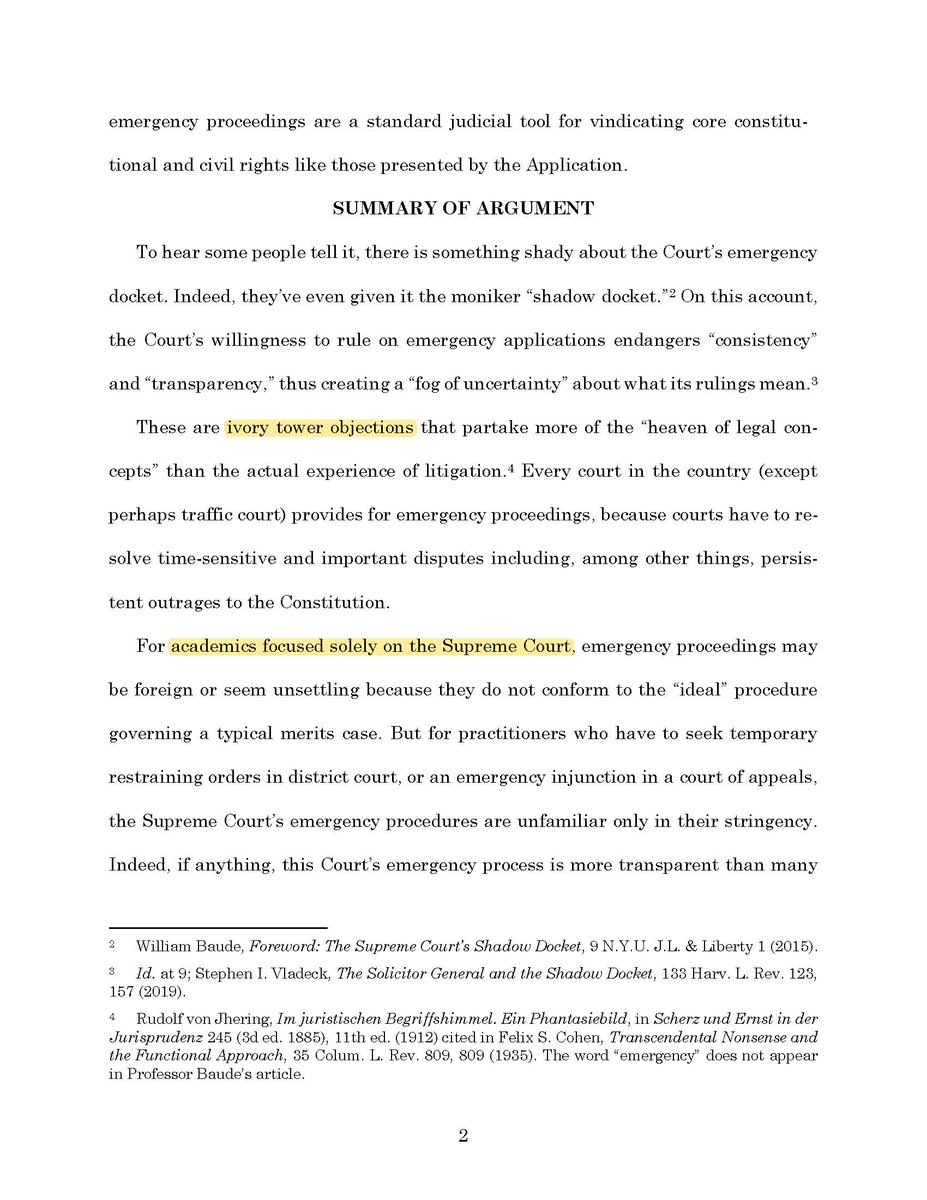
1/5: Turley is pulling a real Turley here, so let me be clear about what's actually true.
On June 9, 2020 (this date will matter), @rgoodlaw and I wrote a long @just_security post on the Attorney General's power, in general, to direct military forces in response to civil unrest.
On June 9, 2020 (this date will matter), @rgoodlaw and I wrote a long @just_security post on the Attorney General's power, in general, to direct military forces in response to civil unrest.
https://twitter.com/JonathanTurley/status/1402648607354933256
2/5: As *part* of that post, we quoted from and linked to a news story in @thehill reporting—based upon high-level but unnamed DOJ sources—that it was Barr who had ordered the clearing of Lafayette Park.
Our post: justsecurity.org/70672/the-unto…
The Hill piece: thehill.com/homenews/admin…
Our post: justsecurity.org/70672/the-unto…
The Hill piece: thehill.com/homenews/admin…
3/5: One year later, the DOI Inspector General has concluded that Barr was *not* behind that controversial move. So be it. But Turley's tweet is not saying that *The Hill* (and, thus, our reliance on it) *was* wrong; he's saying I've "continued to claim" that it was Barr's doing.
4/5: In fact, I've done no such thing. Ryan and I linked to a news story in wide circulation as part of a broader analysis that didn't actually *turn* on that specific episode.
Indeed, the DOI IG Report doesn't alter the legal analysis in our post one iota. It's still accurate.
Indeed, the DOI IG Report doesn't alter the legal analysis in our post one iota. It's still accurate.
5/5: But Turley's too interested in misleading readers into thinking that it's something far more nefarious—and ongoing. So he says I've "continued to claim" something that I wrote 365 days ago—and even then, only by citing a contemporaneous news account. Not surprising, but ugh.
• • •
Missing some Tweet in this thread? You can try to
force a refresh












